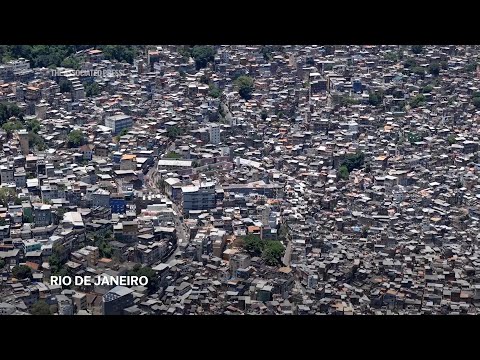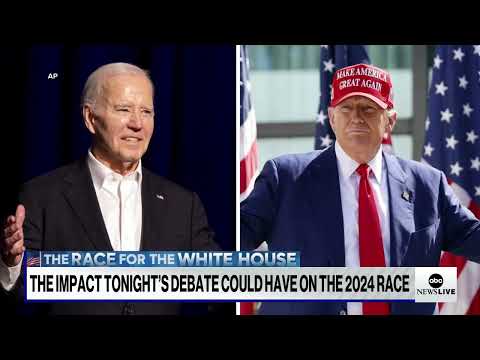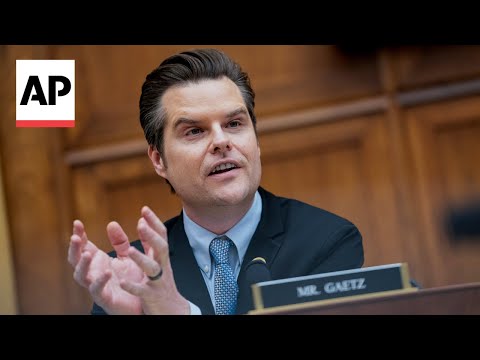(14 Nov 2024)
RESTRICTION SUMMARY:
ASSOCIATED PRESS
Rio de Janeiro, Brazil – 06 November 2024
1. Various aerial shot of Rocinha favela
2. Houses in Rocinha, wires and open sewage flowing down a rock
3. Trash and open sewage
4. Water flowing from an open pipe
5. Open sewage and trash next to water pipes
6. People walking next to the open sewage
7. SOUNDBITE (Portuguese) Antonio Florencio, doorman:
++STARTS ON PREVIOUS SHOTS++
“Do you remember ECO-92 (Earth Summit)? The same projects they discussed back then they’ll discuss now in 3-4 days, but nothing was done that time.”
8. Various of trash accumulated in a ditch
9. Wallace Pereira walking through a narrow alley
10.Pereira staring at an open sewage ditch on a very dark alley, full of hanging wires.
11. SOUNDBITE (Portuguese) Wallace Pereira, Local Executive Manager:
++STARTS ON PREVIOUS SHOTS, ENDS ON NEXT SHOTS++
"I believe. We have to believe. That through the G20 they can also listen more to the communities, to the people who are there day to day, who step in the ditch to do their jobs, who step in the sewage to get to their homes, who are without electricity and who are without public services.”
12. Various of people walking past an open sewage hole
13. Cat in between tangle of wires
14. Tangle of wires next to houses
15. Various aerial shot of Rocinha favela overlooking the city
STORYLINE:
As global leaders prepare to discuss economic development and cooperation at the Group of 20 summit in Rio de Janeiro, representatives from Brazil’s low-income communities have already organized to bring their demands to the authorities of the world’s wealthiest countries.
Brazil hosts the G20 presidency until the end of the year, with heads of state convening in Rio on November 18 and 19.
The meetings will take place at Rio de Janeiro’s Museum of Modern Art, an iconic landmark with spectacular views of the sea and the city’s natural surroundings.
To ensure their issues are not overlooked by authorities, representatives from poor communities across the country have reunited and presented a joint statement to the G20.
These neighborhoods, popularly known as favelas, are home to 16.4 million Brazilians, or 8% of the country’s population, according to the latest census data by the Brazilian Institute of Geography and Statistics.
Residents gathered under the initiative called F20 to discuss and present proposals for the development.
Rocinha, located in southern Rio, is the country’s largest and most populous favela.
Residents face challenges such as open sewage and a lack of supportive public policies, which hinder economic progress.
They express frustration at being ignored and emphasize their desire to be part of the solution.
Antonio Florencio, a resident of Rocinha, expressed frustration over long-stalled infrastructure projects that fail to meet his community’s needs.
The G20 discussions seemed even more distant from his reality than the 12 miles between Rocinha and Rio’s Museum of Modern Art.
“Do you remember ECO-92 (Earth Summit)? The same projects they discussed back then they’ll discuss now in 3-4 days, but nothing was done that time,” he told The Associated Press.
The F20 submitted a communiqué to the Brazilian government and international authorities outlining priorities identified by favela leaders.
These include combating inequality, promoting climate justice, improving access to sanitation, addressing natural disaster risks, and advancing digital and financial inclusion.
AP video by Lucas Dumphreys
===========================================================
Find out more about AP Archive: http://www.aparchive.com/HowWeWork
Twitter: https://twitter.com/AP_Archive
Facebook: https://www.facebook.com/APArchives
Instagram: https://www.instagram.com/APNews/
You can license this story through AP Archive: http://www.aparchive.com/metadata/youtube/30951a4ae7ef4c4db34efe2e2c229086
Author: AP Archive
Go to Source
News post in November 20, 2024, 12:05 am.
Visit Our Sponsor’s:
News Post In – News





